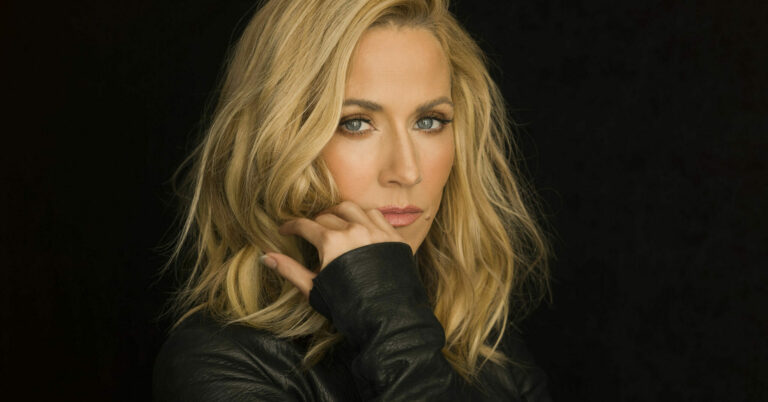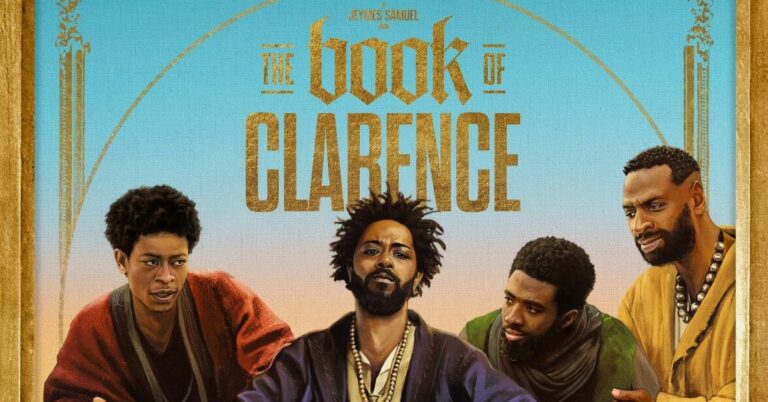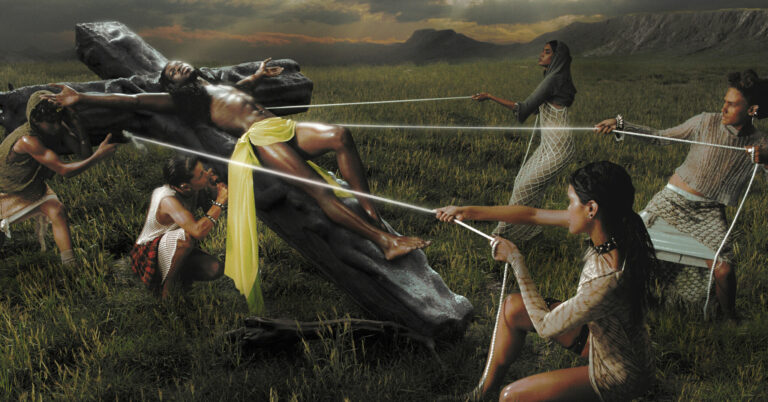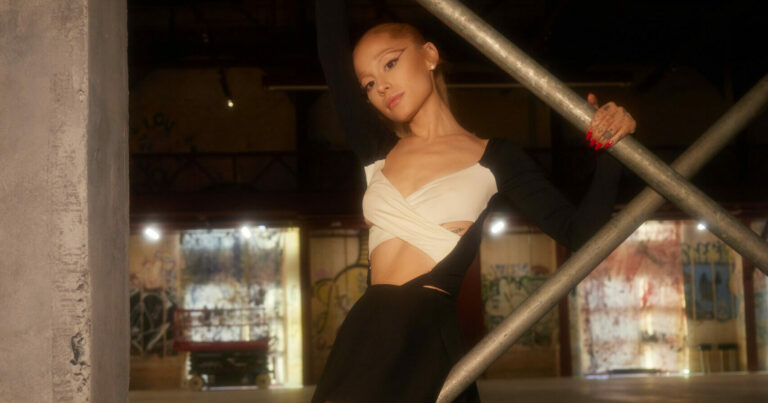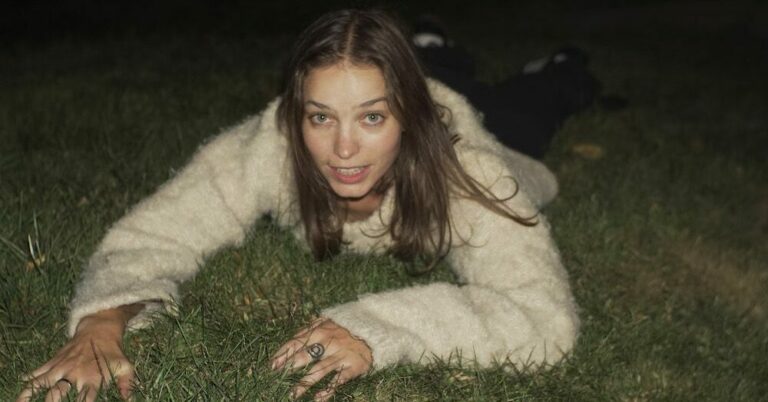Ever been to a party and left with a forgettable door gift? You wouldn’t want that for your guests, would you? Whether it’s a corporate event or a birthday bash, giveaways can make your event memorable.
From personalized merchandise to gourmet baskets, here are ten innovative giveaway ideas that will impress trade show attendees and conference goers and leave a lasting impression.
Personalized event merchandise
When planning your event, consider personalized merchandise an impactful and memorable giveaway option. Think creatively, as personalized event merchandise isn’t limited to stylish cheap t-shirts or pens with your company logo.
Custom-designed keychains, mugs, or tech accessories like USB drives can be a hit for conference attendees. This best conference swag reminds you of your event long after it ends.
Tech gadgets and accessories
Imagine the thrill as potential customers unwrap their event swag, revealing popular tech items like wireless earbuds, portable chargers, a power bank, or smartwatch bands.
You should visit supcase.com and other phone case providers to find high-quality, customizable accessories that make perfect branded giveaways. Offering stylish and durable phone cases as part of your swag bag can leave a lasting impression and boost brand visibility every time the recipient uses their phone.
Such free stuff not only amps up your event’s wow factor but also significantly increases brand exposure, which aids marketing efforts.
Gourmet food and drink baskets
Delighting your guests with gourmet food and drink baskets like morning coffee is another excellent giveaway idea that will make your event unforgettable.
Whether you’re hosting a virtual event, a corporate gathering, or a social soirée, these gift ideas can be tailored to suit the occasion.
Event-specific collectibles
When considering event giveaway ideas, think about how these items could encapsulate the essence of the experience.
Personalized collectibles like affordable trade fair gifts and promotional items commemorate in-person conferences and trade shows and foster a connection.
Health and wellness packages
Health and wellness packages, filled with items promoting physical and mental well-being, make excellent conference swag for attendees.
Consider adding yoga mats, resistance bands, or even health guidebooks. Mindfulness coloring books or stress balls are great swag ideas for a mental boost.
Luxury beauty and skincare products
High-end beauty items will be a hit, from shimmering eyeshadow palettes to rejuvenating facial serums. They pamper your guests and leave them feeling special and appreciated.
They also give your brand an image of quality and style.
Exclusive experience vouchers
Memorable event giveaway vouchers offer something extraordinary. They’re designed to attract new customers and engage existing ones, creating a buzz around your next event.
Rather than receiving a material item that might be forgotten, your event attendees get to live an experience that’s hard to forget.
Customized accessories
Imagine handing out trendy sunglasses and phone cases bearing your unique branding.
These aren’t just trade show giveaways but conversation starters, allowing your brand to be a part of daily life long after the event ends.
Eco-friendly sustainable items
As you consider event giveaways, you’ll find that many people appreciate and value eco-friendly, sustainable items.
These include reusable water bottles and tote bags, which minimize environmental impact and offer practical, everyday use.
Books and inspirational reads
Books and inspirational reads are perfect swag, especially for professional and educational gatherings. Choose titles that resonate with your event’s theme or attendees’ interests.
Maybe a self-help book for a wellness conference or a best-selling business book for a corporate seminar.
Last words
Whether it’s personalized merchandise or a gourmet basket, make your event swag count. Choose eco-friendly or tech options to stay on trend or give an unforgettable experience. Whatever you pick, make it memorable, meaningful, and aligned with your event. Make your giveaway not just a gift but a statement.

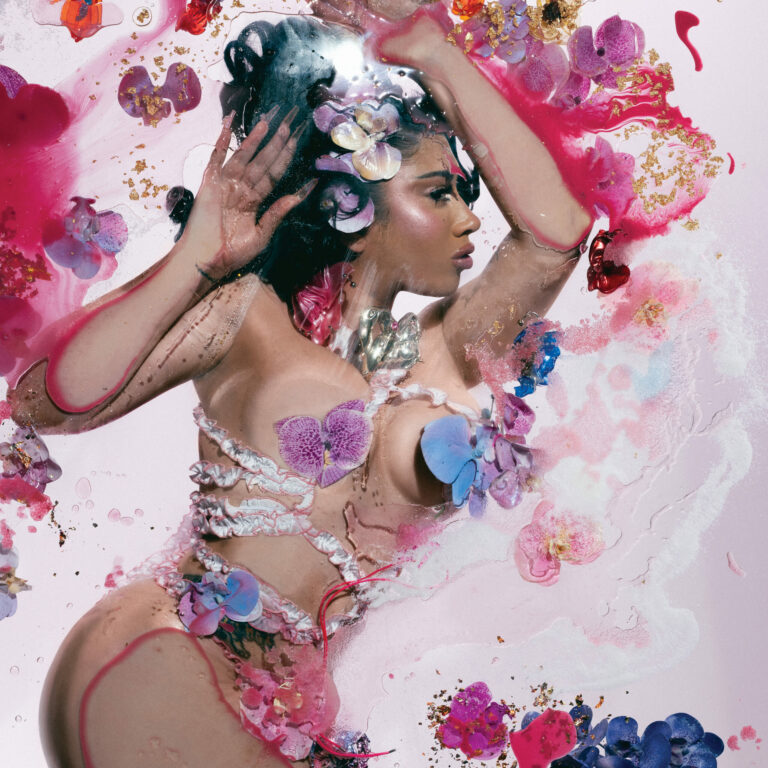
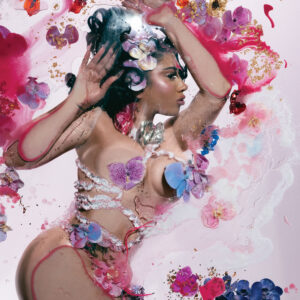 Kali Uchis
Kali Uchis american dream, 21 Savage’s first solo studio album in six years, has arrived. Serving as the soundtrack to his debut film of the same name, the 15-track LP boasts collaborations with Young Thug, Brent Faiyaz, Doja Cat, Summer Walker, Travis Scott, Lil Durk, Burna Boy, and more. Earlier this week, the rapper shared a trailer for the biographical film American Dream: The 21 Savage Story, which stars Donald Glover and Stranger Things‘ Caleb McLaughlin.
american dream, 21 Savage’s first solo studio album in six years, has arrived. Serving as the soundtrack to his debut film of the same name, the 15-track LP boasts collaborations with Young Thug, Brent Faiyaz, Doja Cat, Summer Walker, Travis Scott, Lil Durk, Burna Boy, and more. Earlier this week, the rapper shared a trailer for the biographical film American Dream: The 21 Savage Story, which stars Donald Glover and Stranger Things‘ Caleb McLaughlin. Kid Cudi has dropped his much-anticipated new album,
Kid Cudi has dropped his much-anticipated new album,  Marika Hackman
Marika Hackman Lovegaze
Lovegaze Fredericksburg, VA screamo band Infant Island have dropped a new album titled
Fredericksburg, VA screamo band Infant Island have dropped a new album titled 